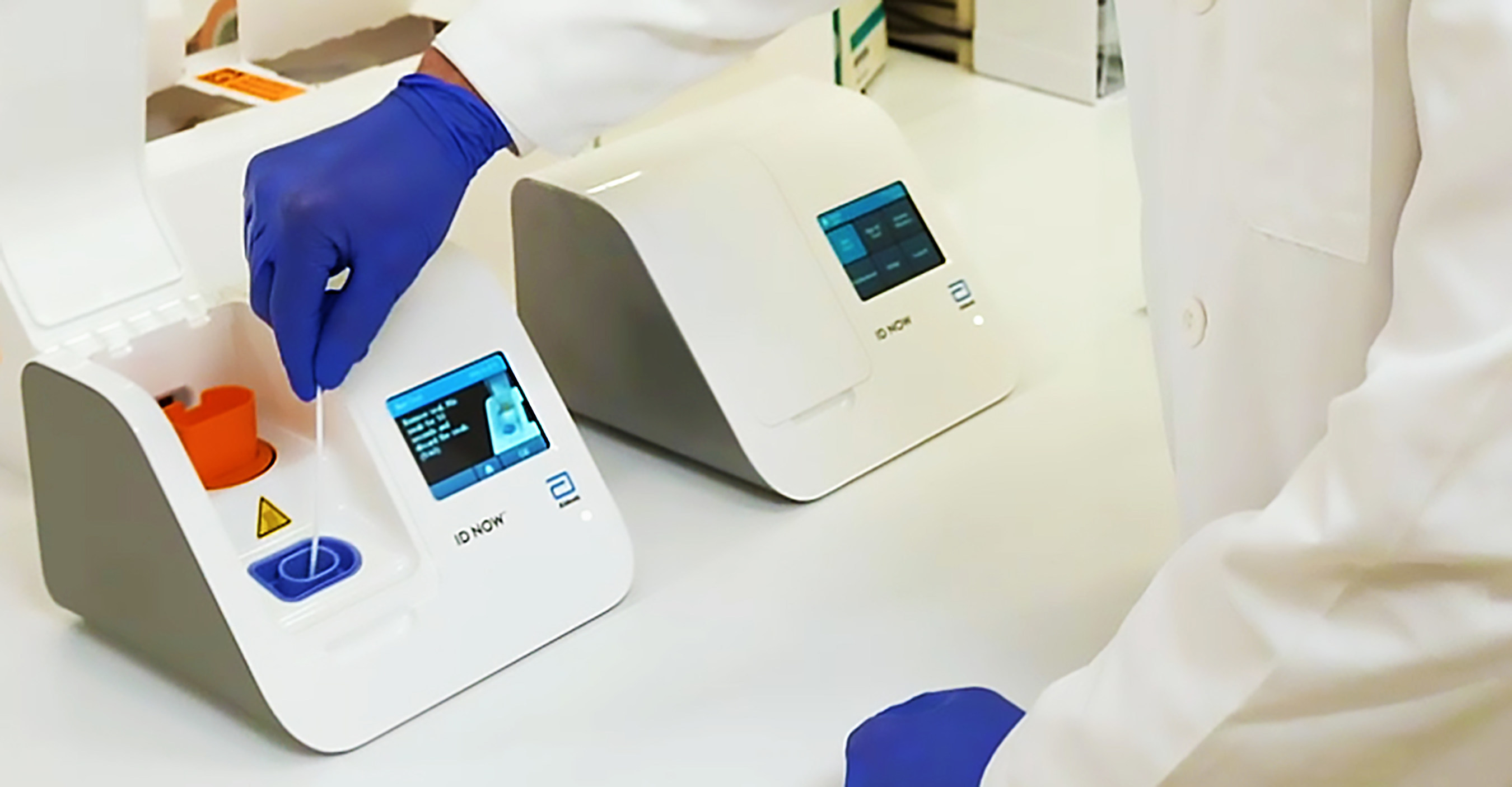On-Site Glucose Testing in Dairy Cattle Metabolism
In the dairy farming industry, monitoring glucose levels is a critical aspect of understanding and managing cattle metabolism. This service focuses on providing reliable on-site glucose testing for dairy cows to support metabolic health assessment and overall herd management.
The process involves collecting blood samples from cows, which are then analyzed using portable glucose meters designed specifically for veterinary use. These devices provide quick results that help in making timely decisions regarding animal care. Properly conducted tests can prevent issues like hypoglycemia or hyperglycemia, ensuring optimal health and productivity.
Our service ensures accuracy by adhering to international standards such as ISO 15197 for glucose meters used in diabetes management, although our focus is on veterinary applications. The data collected through these tests can be crucial inputs into broader herd health programs aimed at improving milk quality and yield.
The importance of accurate glucose measurement cannot be overstated; it plays a significant role in diagnosing diseases like bovine ketosis, which affects fat metabolism and can lead to severe health complications if left untreated. By integrating this service into daily operations, dairy farms can enhance their ability to maintain robust herd health practices.
Our team of experts works closely with farm managers to ensure the correct procedures are followed every time a test is conducted. We provide training sessions for staff members so they understand how to take accurate blood samples and interpret results correctly. Additionally, we offer consultation services tailored specifically towards optimizing glucose monitoring within specific dairy operations.
Regular monitoring of glucose levels helps identify potential problems early on, allowing for proactive treatment plans that improve overall animal welfare. This approach also contributes positively to sustainable farming practices by reducing stressors associated with poor management decisions based on incomplete information.
In conclusion, our on-site glucose testing service is an essential tool for dairy farmers looking to enhance their herd's health and productivity through precise metabolic assessments. By leveraging advanced technology and adhering strictly to international standards, we aim to deliver consistent, reliable results that contribute significantly towards achieving sustainable agricultural goals.
Quality and Reliability Assurance
At [Laboratory Name], ensuring the highest level of accuracy and precision in all our services is paramount. For on-site glucose testing in dairy cattle metabolism, we employ rigorous quality control measures to maintain the integrity of our results.
- All equipment used undergoes regular calibration checks against certified reference standards.
- A strict quality assurance protocol ensures that every test adheres strictly to predefined criteria set by relevant international bodies like ISO 15197 for glucose meters.
- Trained personnel conduct each test following standardized procedures, minimizing human error and ensuring consistent outcomes across multiple samples.
- We maintain detailed records of all testing activities, including calibration dates, operator details, and any deviations from standard protocols.
The reliability of our results is further enhanced by the use of advanced instrumentation that provides immediate feedback on test performance. This real-time data allows us to make adjustments promptly if necessary, ensuring that each reading accurately reflects current conditions within the herd.
In summary, our commitment to quality and reliability extends beyond mere compliance with regulations; it encompasses proactive steps aimed at continuously improving the accuracy of our services. Through these efforts, we aim not only to meet but exceed expectations regarding the dependability of glucose testing outcomes in dairy cattle metabolism.
International Acceptance and Recognition
- The International Organization for Standardization (ISO) recognizes ISO 15197 as a standard applicable to portable blood glucose meters used primarily by people with diabetes. While our focus is on veterinary applications, this standard provides a robust framework that we follow meticulously.
- European Committee for Standardization (CEN) and its Technical Committee CEN/TC248 have developed EN ISO 15197:2017, which covers the performance requirements of portable blood glucose monitoring systems. Our service aligns closely with these guidelines to ensure compatibility with global standards.
- American Society for Testing and Materials (ASTM) has published ASTM E2673-17a on methods for measuring blood glucose in animals, providing additional criteria that we incorporate into our practices.
- The International Electrotechnical Commission (IEC) specifies IEC 60601 series standards related to medical electrical equipment. Although not directly applicable here due to differences between human and animal healthcare contexts, the principles outlined in these documents guide our approach towards ensuring safety and efficacy.
By adhering to such internationally recognized norms, we assure clients that their data is consistently accurate and comparable across different geographical regions. This commitment fosters trust among stakeholders who rely on consistent, reliable information derived from our services.
Use Cases and Application Examples
| Use Case | Description |
|---|---|
| Detecting Ketosis Early | Ketosis is a condition where there's an excessive accumulation of ketone bodies in the blood. Regular glucose testing helps identify early signs of this disorder, enabling prompt intervention before it leads to severe health issues. |
| Monitoring Post-Partum Health | Around calving time, dairy cows are particularly vulnerable to various metabolic disorders including hypoglycemia and hyperglycemia. Continuous monitoring ensures early detection of these conditions allowing for timely treatment. |
| Evaluation of Feed Efficiency | Glucose levels can indicate how efficiently feed is being utilized by the animal, helping optimize feeding strategies to maximize milk production without overloading the digestive system. |
| Veterinary Diagnostics | In conjunction with other diagnostic methods like urinalysis or clinical observations, glucose testing provides valuable insights into an animal's overall health status. |
These examples illustrate just some of the ways our on-site glucose testing service can benefit dairy operations. Each case highlights how precise measurement and interpretation contribute to better decision-making processes aimed at enhancing animal welfare and productivity.





